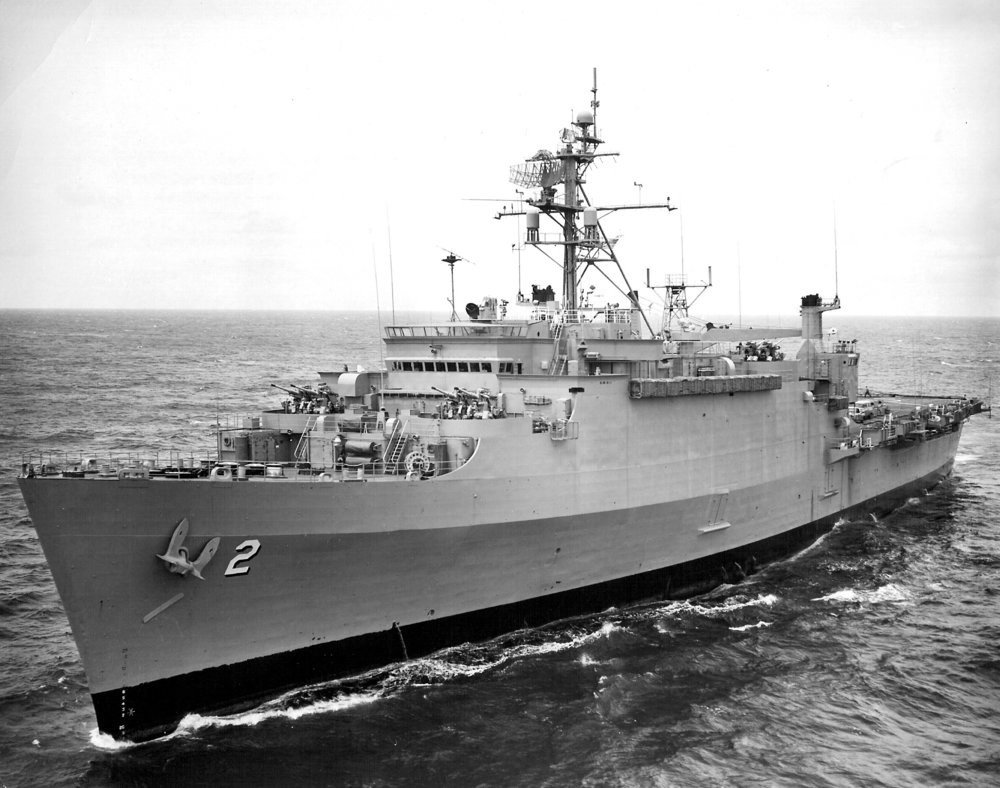





Obituary of Charles Joseph Rogers
Charles Joseph Rogers
October 25, 1926 – January 2, 2018
Charles J. Rogers, one of the last of the "Greatest Generation," passed away peacefully at the age of 91 in Escondido, California. He was beloved by everyone who knew him. His family, friends, and colleagues called him Charlie or Chuck most of his life, while his adoring nieces and nephews and their descendants will forever remember him as their beloved Unkie, aka The Moo Moo Man.
Unkie was born in Jolo, Sulu, Philippines in 1926. His parents were Paul D. Rogers and Mathilde Schück Rogers. He was the third of five children, the robust filling within a four-sister sandwich: Evelyn, Jocelyn, Dorothy, and Ann.
Unkie's father, Paul Dewitt Rogers, had joined the U.S. Army in Indiana in 1907 and after boot camp traveled to his first assignment — The Philippines. Paul worked closely with General John J. Pershing in the early 1900s as his secretary and aide de camp. When Pershing left the Philippines to serve the nation in World War I, Paul stayed and subsequently served as civilian U.S. governor of the Sulu Province until 1921.Unkie's mother, Mathilde Schück, descended from two revered families in the Sulu region. Her grandfather, Captain Herman Leopold Schück, originally from Germany, had sailed trade ships through Southeast Asia in the latter half of the 1800s. He and the Sultan of Sulu became blood brothers — a bond forged, as legend purports, after the captain successfully dodged Spanish blockades to deliver precious goods, including German guns, to the native Moros. Mathilde's mother was Ahadiah Arabbi, the daughter of the local imam and a niece to the Sultan of Sulu.
Unkie and his sisters grew up in what he described as an idyllic setting on the island of Jolo. He attended the local school with other Moro children and spoke the language fluently (along with perfect English with a slight accent). He swam in the crystal-clear waters with pearl divers, dined on fresh fish daily, sailed to islands throughout the archipelago, climbed trees to pick coconuts and mangoes, and played games with monkeys and snakes.
Everything was idyllic until it wasn't. Around 1940, Paul and Mathilde decided to move the family to Manila and Paul worked as a manager/interpreter at the U.S. naval air base under construction at Mariveles. On December 7, 1941 (December 8 in Manila) the Japanese struck Pearl Harbor, and everything changed for the Rogers family. Paul fled to Corregidor and stayed there until he was forced to leave and march along the Bataan Peninsula to the infamous Cabanatuan prison camp. He survived (barely) until December 1944, when he was forced onto a Japanese prison ship, just weeks before other Cabanatuan survivors were rescued. After transfer to a different "hell ship," he died of dehydration en route to Japan in January 1945.
Meantime, Unkie and his mother and siblings were sent to civilian internment camp at the University of Santo Tomas in Manila. They spent three years there, until the American troops arrived to liberate the camp in February 1945. The family boarded a ship bound for the USA and landed in California. Unkie, determined to help end the war during an anticipated U.S. invasion of Japan, joined the Marines in June 1945. He remained a Marine until his discharge at the end of World War II, and was reinstated at the outbreak of the Korean War.
After his second discharge, Unkie enrolled at the University of San Francisco under the GI Bill and earned a bachelor's degree in business and accounting in 1954. He worked at Western Union for about a year while he awaited his commission for the U.S. Department of State. After his commission, Unkie worked as a diplomatic courier for 10 years, based in Manila, Frankfurt, and other cities. He then worked in the budget and fiscal departments at various embassies, including Nicaragua, Brazil, and Bolivia. Unk was especially proud of one of the budgets he prepared, which the state department chose as a training example for proper accounting methods.
Unkie visited the family, then based in Santa Cruz, California, as much as possible during home leaves. The Moo Moo Man would arrive in town, larger than life, and shower his nieces and nephews with gifts from around the world. He spoiled his family in the most wonderful ways. For example, he took a carload of his sister's children to the drive-in movie and allowed them to buy whatever they wanted from the canteen, and took his nephew to a Giants game and allowed him to eat one hot dog per inning. (And graciously dealt with the aftermath, when his nephew expelled all those hot dogs on the drive home.) And then there were the stories: cruising a thriving, post-war Manila in his red convertible Thunderbird (when asked what the young ladies of Manila thought of this, Unkie would only smile and say, "Those were the days!"), traveling between countries with a diplomatic attaché handcuffed to his wrist, always the last one to board a flight and the first one off. Although no one knows where the name "Moo Moo Man" came from, we're fairly sure it involves some exotic location and a backstory much too secret to tell.
Unkie left the U.S. State Department in 1970 to move to Santa Cruz to care for his ailing mother. He worked at Pacific Heat Treating from that time until his retirement in 1996. He spent the next 15 years spending quality time with his siblings, nephews, and nieces.
Unkie resided in Escondido since 2011. He loved betting on horses at the race track. He also loved playing chess and puffing on a Tabacalera (the finest Filipino cigar) with his nephew Wayne, and he even allowed Wayne to win a couple of games.
Unkie is preceded in death by his parents, Paul and Mathilde Rogers, and his sisters: Evelyn Rogers Hackett, Jocelyn Rogers Fravel, Dorothy Rogers Clemens, and Ann Rogers Drake. He will be greatly missed by his numerous nieces, nephews, and their families. He also leaves behind the caring staff at Crest View Manor and Lightbridge Hospice Care, who recognized Unkie's wit and warmth and who showered him with love during his final months. Thank you, all!
I [niece Cheryl] will always remember Unk as a dapper, dashing dude with a twinkle in his eye. He was my official guardian, adopted me in 1962. I lived with him and my grandmother and Aunt Dolly in Manila in the 1960s. He hosted many state department parties and I loved to sneak out on the landing and observe the action. He loved to laugh and tell tales, and embraced — and appreciated — the joys of life in totality, despite his prison camp experiences.
Unk's sense of duty to his mother, sisters and family was paramount. In his younger years, he chose to help out with relatives' needs over his own. Unk — we are all extremely grateful for your support when you could provide it.
We love you! Safe travels, Moo Moo Man!
A Mass of Christian Burial will be celebrated at St. Joseph's Catholic Church (435 Monterey Ave., Capitola) on Monday, January 8, 2018, beginning at 10:30 a.m. Committal ceremony with military honors will follow at Oakwood Memorial Park in Santa Cruz. Friends may pay their respects at a viewing on Sunday afternoon, January 7th at Benito and Azzaro Pacific Gardens Chapel from 2 p.m. to 5 p.m. In lieu of flowers, any kind acts of charity can be made in his memory to St. Joseph's Catholic Church.
To send flowers to the family or plant a tree in memory of Charles Rogers, please visit Tribute StoreVisitation
Funeral Mass

 FD#799 | General Price List
FD#799 | General Price List
Copyright © 2022 | Terms of use & privacy Policy
Do Not Sell My Info

 Live Chat
Live Chat Call Us
Call Us Live Chat
Live Chat